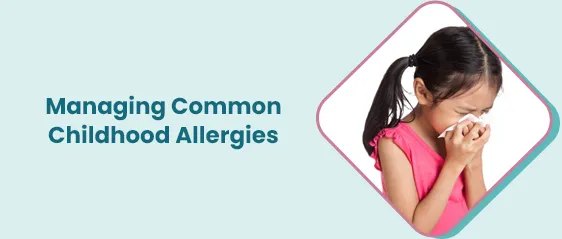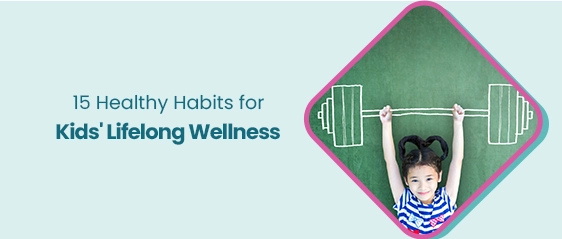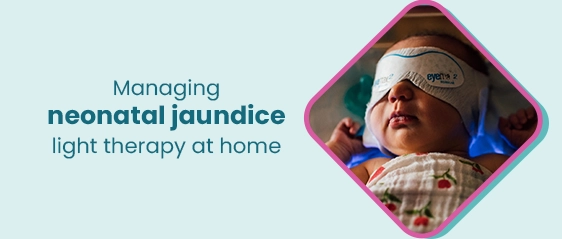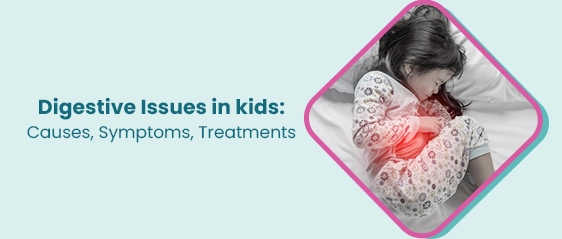
Managing Common Childhood Allergies
- 14 Aug 2023
Managing Common Childhood Allergies: A Comprehensive Guide
Childhood allergies are becoming increasingly common, with many children experiencing symptoms that can range from mild to severe. Managing these allergies effectively is essential for ensuring a child's comfort and well-being. In this post, we'll explore the most common types of childhood allergies, how to recognize them, and practical strategies for management.
Understanding Childhood Allergies
Childhood allergies occur when a child's immune system reacts to substances that are usually harmless. These can include foods, pollen, insect bites, and more.
Food Allergies
- Common allergens: Peanuts, milk, eggs, wheat, soy
- Symptoms: Hives, swelling, difficulty breathing, gastrointestinal issues
Environmental Allergies
- Common allergens: Pollen, mold, animal dander
- Symptoms: Sneezing, nasal congestion, itchy eyes, coughing
Skin Allergies
- Common allergens: Laundry detergents, soap, fragrances
- Symptoms: Rash, itching, redness
Diagnosis and Testing
If you suspect your child has an allergy, a healthcare provider may recommend allergy testing. This can include skin tests or blood tests, depending on the suspected allergens.
Managing Allergies
Effective management involves both prevention and treatment.
Avoidance
- Learn to recognize and avoid triggers.
- Read food labels carefully if your child has food allergies.
- Consider allergy-proof bedding for dust mite allergies.
Medications
- Antihistamines can relieve symptoms.
- Prescription medications might be necessary for severe allergies.
Allergy Shots (Immunotherapy)
- For chronic allergies, a long-term solution might be allergy shots.
Education
- Teach your child about their allergies and how to avoid triggers.
- Ensure teachers, caregivers, and friends' parents are aware of your child's allergies.
Conclusion
Managing childhood allergies requires awareness, diligence, and cooperation with healthcare providers. By understanding the triggers and implementing strategies to avoid them, you can help your child live a more comfortable and fulfilling life. Regular check-ups, appropriate medications, and education can further support a child's well-being and foster a safe environment.
Frequently Asked Questions
1. What are the most common childhood allergies?
Food allergies (such as peanuts, milk, eggs), environmental allergies (like pollen, mold), and skin allergies (to detergents or soaps) are common in children.
2. How can I recognize an allergic reaction in my child?
Symptoms may include hives, swelling, difficulty breathing, sneezing, nasal congestion, or gastrointestinal issues, depending on the allergen.
3.What should I do if my child has a severe allergic reaction?
Seek emergency medical help immediately. If an epinephrine auto-injector has been prescribed, administer it as directed.
4. How can I prevent my child's allergic reactions?
Understanding and avoiding triggers, using appropriate medications, and educating those around your child about their allergies can prevent reactions.
5. Can childhood allergies be outgrown?
Some children may outgrow certain food allergies, but others, like peanut allergies, typically persist. Regular monitoring by a healthcare provider is essential.




